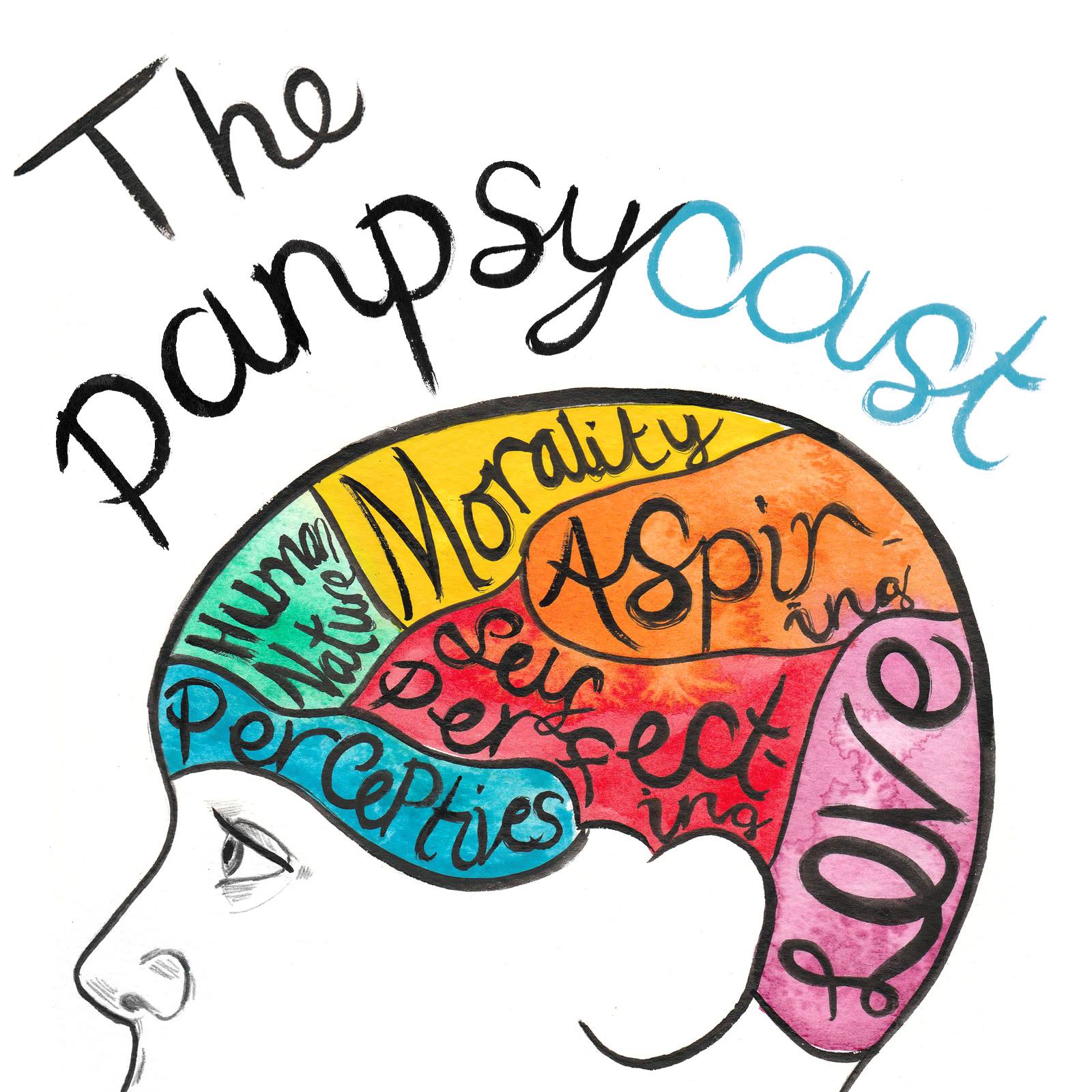Welcome to 'Episode 73 (Part II of IV)', where we'll be unpacking three arguments for the soul’s immortality.
Let me tell you about the day Socrates drank the poison. You must be aware of his trial and apology? The Athenians have not stopped talking about it since Meletus and the others condemned him. Do not worry, he did not die in fear and nor is he truly gone. He argued his case much like he always had. He died the philosopher’s death, having practiced for it his entire life.
What does this mean? Socrates spoke persuasively about matters concerning the immortality of the soul. He said the life of a true philosopher helps the prisoner, chained hand and foot in their body, to escape from the dark cave of ignorance and into the light of wisdom. This, in turn, provides the soul with the perfect means to release itself from the body after death.
When the hour arrived, and Socrates finally took the hemlock, he did not flinch. Those of us who bore witness could not help but shed a tear – we were not as brave as the wise man who lay before us. What? You would like to hear more? Are you not convinced of the immortality that Socrates proposed? Come, take a seat, I will tell you the full story…
The file size is large, please be patient whilst the podcast buffers/downloads/prepares for deathContents
Part I. The Soul and Body
Part II. Arguments for the Soul’s Immortality
Part III. In Defence of Immortality
Part IV. The Death of Socrates, Further Analysis and Discussion
Attributions
Thank you to the following creators for allowing us to use their work in this episode.
Tri-Tachyon: https://soundcloud.com/tri-tachyon/albums.
PSOVOD: https://freesound.org/people/PSOVOD/sounds/416057.
All other music and sound effects used in Episode 73, Plato’s Phaedo (Parts I-IV) are fully licensed. To request certificates, please contact jack@thepanpsycast.com.



